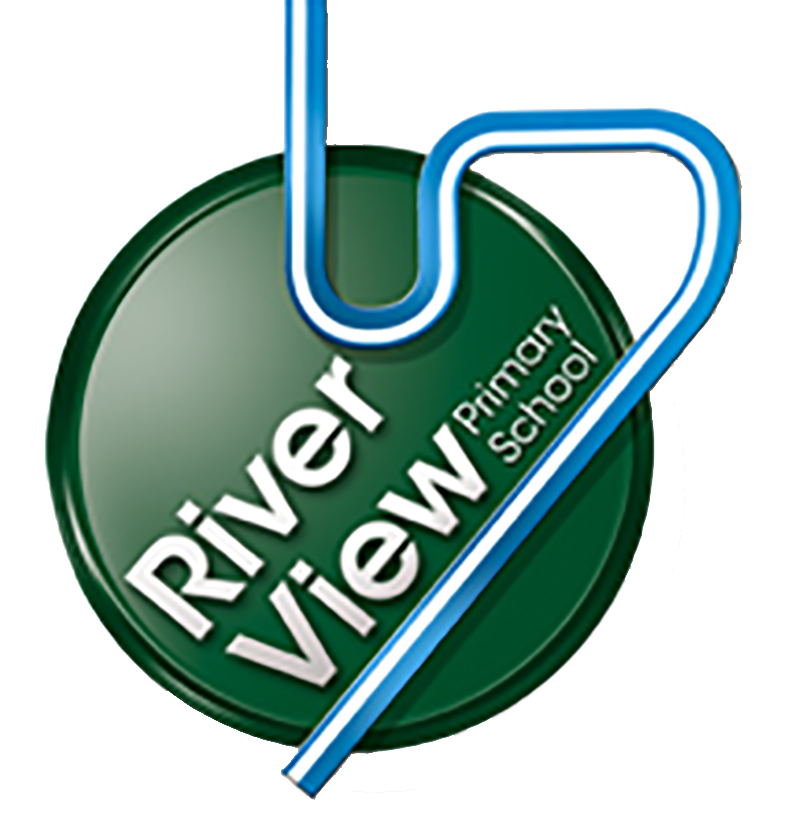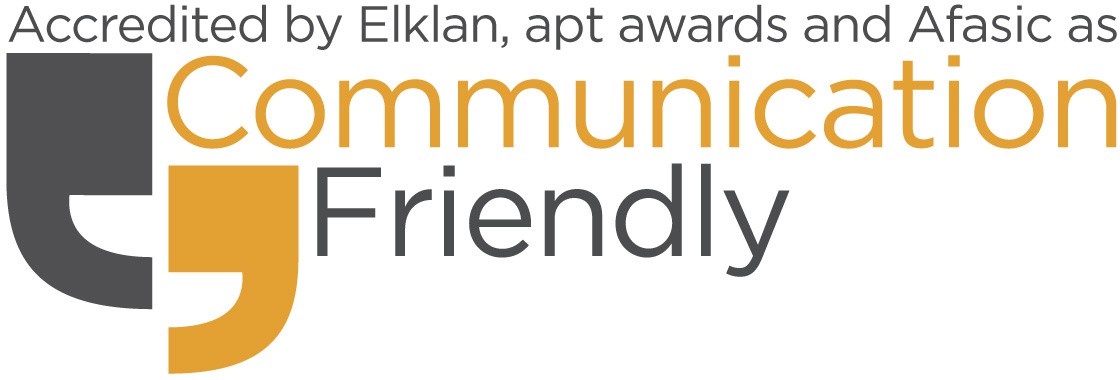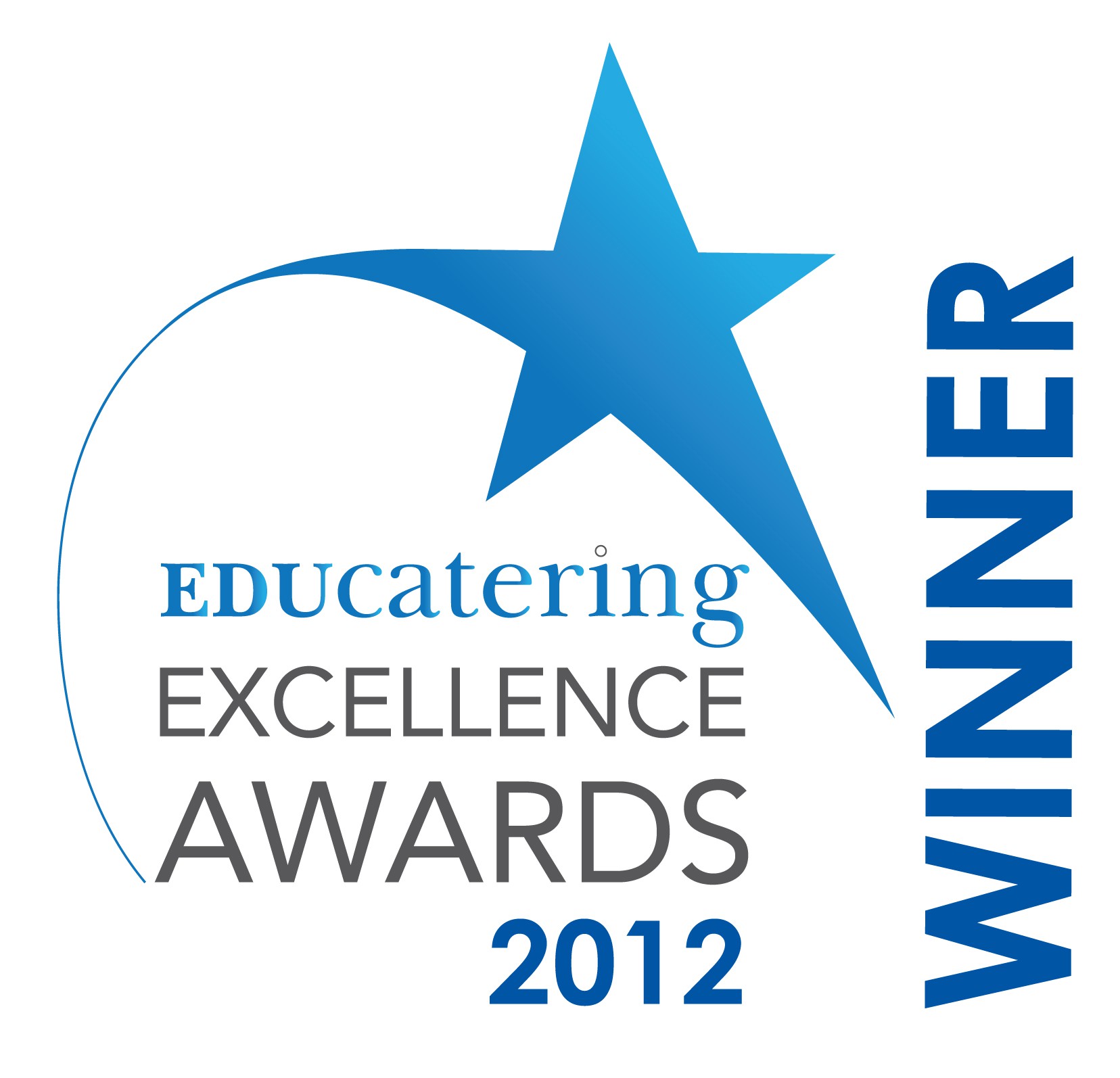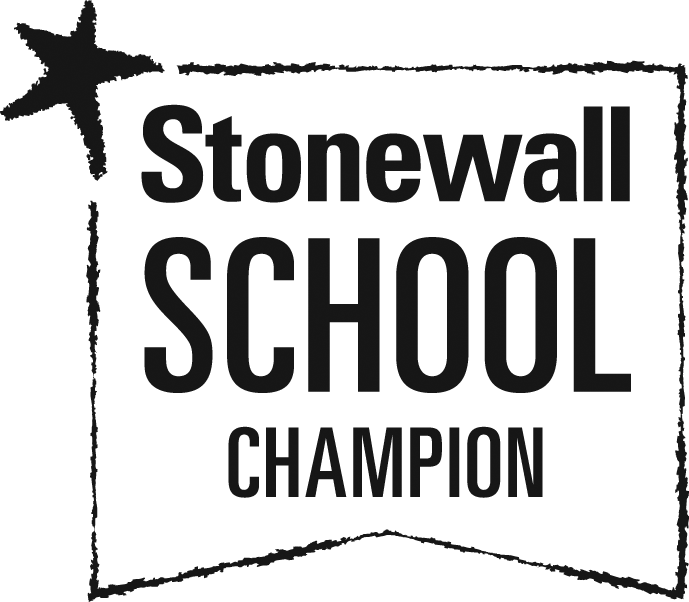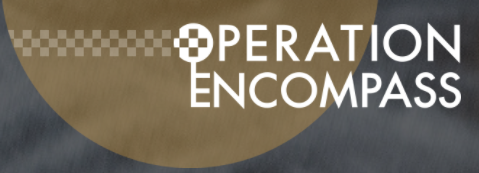Curriculum
Our EYFS Curriculum
In EYFS, we are concerned with the development of 'the whole child', each area of development closely and seamlessly intertwined together as children learn and develop. The EYFS curriculum has 3 prime areas of learning; Personal, Social and Emotional Development, Communication and Language, and Physical Development, together with 4 specific areas of learning; Literacy, Mathematics, Understanding the World and Expressive Arts and Design. The outcomes of each of these areas form the basis of our planning for learning and children's progress and attainment is monitored in relation to each of these developmental strands. We ensure teaching responds to the children's needs and interests and provision is adapted accordingly.
Within the curriculum, children have access to both indoor and outdoor provision. During this time, staff facilitate children's learning by modelling skills, encouraging imaginative play, their interactions and conversations and use questioning effectively to continuously support learning.
We recognise that children learn in a variety of ways and at different stages. In both our Nursery and Reception classes, children are taught in small groups, larger groups, in guided activities and independently. Opportunities to consolidate their learning are built into the curriculum to ensure the children remember concepts and skills and start to apply them in a range of contexts.
Alongside academic achievement, we want children to develop a love of learning and develop skills that will support their progress throughout their schooling and into adulthood. The 'Characteristics of Effective Learning' * embodies this, focussing on the process of learning and we provide children the opportunity to play and explore, learn in an active way and create and think critically.
* The Characteristics of Effective Learning describe behaviours children use in order to learn.
OUR INTENT
At River View, we have designed, organised and planned an engaging curriculum that ties into the uniqueness of our children, ensuring they develop a love of learning and gain essential skills for their future. We have personalised our curriculum to ensure that we embrace our local area and its vibrant resources . This enables our children to use and apply their skills and understanding in all areas of the curriculum, building in opportunities for repetition and practice. By doing this, we are able to focus on the necessary knowledge, skills, reasoning and learning behaviours required to prepare all of our children for the next step of their education in Key Stage 1.
Our EYFS curriculum aims to teach all children the skills and knowledge in order that they reach the 17 Early Learning Goals. We teach through a range of teaching methods, including whole class teaching, small groups, child-initiated learning, investigations and problem solving together and independently. Many activities are play based; however there is a need for direct teacher-led activities to ensure children gain essential knowledge, skills and language from their teacher.
IMPLEMENTATION OF OUR CURRICULUM
Personal Social and Emotional Development
We strive for the children to be safe, happy and confident. We support the children to understand their own feelings, the feelings of others and to develop good attachments and friendships with their key person and peers. We have simple class rules for the children to follow; ‘kind hands, kind feet and kind words’. We teach the children how to understand the diverse world that they live in and to respect the differences between them and their families. Children’s social and emotional development is crucial in creating successful learners and to go on to achieve later in life. Our staff and the environment helps the children to become independent learners and to be resilient to challenges presented to them.
Physical Development
Both gross and fine motor skills develop progressively in young children. To be confident with movement, children must develop both core strength and coordination. Our fabulous outdoor environment and expansive grounds enables us to make the most of the outdoors and we encourage the children to play outside as much as possible. There are endless opportunities for the children to engage in weight bearing skills and develop upper arm strength, mobility, control and balance. Our intention is that children learn how to take measured risks as they are given access to our extensive outdoor facilities. We encourage the children to learn about nature and look after their environment. We have well-established directed PE lessons for Reception and Nursery, who have a weekly session with our PE staff.
All our children are taught about the importance of regular exercise and how to look after their bodies. The children have opportunities to develop their fine motor skills alongside gross motor skills so they can become confident to explore the world around them, and eventually learn to mark make, manipulate tools and write.We follow the whole school handwriting programme (Teachhandwriting) that concentrates on the key physical skills of posture, coordination, applying correct pressure and hand and finger strength in early years and continues throughout the school.
Communication and Language
Developing children’s language is one of our priorities in EYFS, as the development of children’s spoken language underpins all seven areas of learning and development. Providing children with a rich language environment, and conversations with the children, help us to discover more about each unique child’s fascinations, interests and expertise with language. Children are encouraged to listen and communicate appropriately. Our indoor and outdoor provision encompasses enhancements to the learning environment including role-play areas, small-world play and story-making opportunities to encourage the children to act out scenarios and discuss concepts being learnt. Adults support the children’s storytelling through Helicopter Stories, where they scribe the children’s narrative to help recount and share with others. All areas have planned vocabulary foci. Along with songs, rhymes and story, these are all ways in which we help children learn and use new vocabulary introduced. Children are encouraged to ask questions and contribute to whole-class and group discussion whenever possible and joyous, passionate talk can be heard between the adults and the children. Children who struggle to communicate are targeted in the provision and learning interventions are used when children lack confidence or do not have the age-appropriate skills. Each child will be screened using Wellcomm programmes to help track their progress.
Literacy
In EYFS, literacy starts with the development of language, a passion for books, leading to a lifelong love of reading. We encourage the children to handle and share books and stories and read a wide range of quality texts. We have chosen texts that represent our diverse and changing world, as well as well loved traditional tales, which supports learning new vocabulary and chanting repeated phrases. Before we begin to teach children to read and write, we ensure that they have developed their listening skills and have an awareness of the sounds in their environment and in words that they hear and say. We use a systematic synthetic phonics programme called Read Write Inc. Phonics is taught daily in Reception. This programme teaches the children how to say letter sounds, write them and blend together to read words. Once children can blend letters to read simple words, they take home reading books for parents and carers to continue to support them.
Writing in EYFS starts with mark making. This is encouraged in Nursery by using chalks, paint, pencils, and other writing media.This development continues in Reception and the children begin to write as their phonics and pen grip develops.
Mathematics
Mathematical development for young children grows through their play and exploration, active engagement, creative and critical thinking, talking and their patterns of thinking. We actively encourage the children to explore mathematics in everyday contexts and through their play, to help them to problem solve and discuss different concepts. Mathematics is used for counting and quantities, but children need to develop the other ways numbers are used, for example, for measuring, putting things in order, recognising pattern and understanding values. Developing a strong grounding in number is essential so that all children develop the necessary building blocks to excel mathematically. We teach the children to be able to count confidently, develop a deep understanding of the numbers to 10, the relationships between them and the patterns within those numbers. Through the provision, children will start to recognise and remember how objects have characteristics such as shape, size, volume and weight. We use the White Rose mathematics scheme for Reception children and ensure that all children grasp a secure foundation of the 5 principles of counting.
Understanding the World
Children at River View are living in a diverse and changing world and we will strive to ensure that their early experiences help them to firstly understand and experience their ever changing community. Our topic themes are primarily based around opportunities for the children to explore their physical and natural world and their local area around Salford. We have extensive grounds, so the children can explore on a daily basis, and observe the changes in seasons and nature. Using large and small resources, they can investigate simple science activities, such as magnets, floating, sinking and forces.
As part of our parental engagement, we ask our families to help us celebrate the diversity within EYFS in culture and religion. These first hand opportunities and observations allow the children to continue to develop a rich vocabulary and discuss the similarities and differences they have experienced.
Expressive Arts and Design
Creativity is a child’s unique response to all that they see, hear, feel and experience. A child’s individual responses to materials, experiences and ideas inspire their creativity and imagination. They can express this in numerous ways; through art work, drama, dance and music. We have numerous resources available continuously for children to explore their creativity. Through these self-directed activities, children can explore and reflect and build upon what they have learnt. This may be through construction toys, playing instruments, dressing up and playing in role or junk modelling, to name but a few. We also have group activities to develop art and music skills and appreciation. Creative expression often supports children’s emotional wellbeing and reduces anxiety. We encourage children to explore their interests and how they represent themselves, their thoughts and feelings as they develop their ideas.
IMPACT
We want the children of River View to leave EYFS as well round young children with a thirst for learning. We want them to achieve the Early Learning Goals in all areas and to be well prepared to start their learning journey in Y1.
